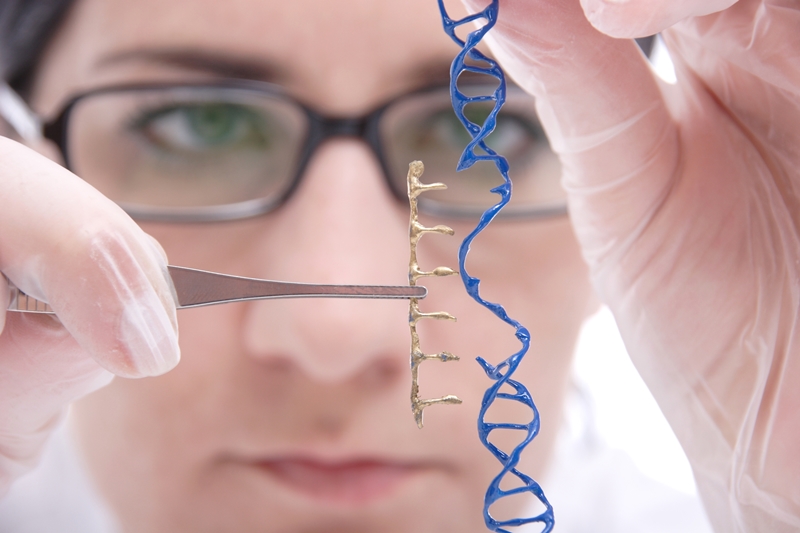Sarepta Therapeutics, a leader in precision genetic medicine for rare diseases, and GenEdit, a developer of genetic medicines that leverage its NanoGalaxyTM polymer nanoparticle platform for tissue-selective delivery, have announced a research collaboration and option agreement under which the companies are employing GenEdit’s NanoGalaxy platform and Sarepta’s gene editing technology to develop gene editing therapeutics for the treatment of neuromuscular diseases.
As part of the agreement, Sarepta obtains exclusive option rights to license polymer nanoparticles developed by GenEdit in the collaboration for up to four neuromuscular indications selected by Sarepta.
Initial in vivo results from the research collaboration between GenEdit and Sarepta have demonstrated the potential of GenEdit’s polymer nanoparticles to deliver therapeutic cargo to specific muscle tissue after systemic administration to allow for targeted, non-viral systemic delivery of genetic medicines. The research collaboration and option agreement commenced in December 2020.
“We’ve been impressed with the diversity of GenEdit’s NanoGalaxy platform and its screening and selection process, which has generated a number of distinct polymers that deliver to muscle,” said Doug Ingram, president and Chief Executive Officer, Sarepta Therapeutics. “Sarepta is committed to the development of therapies for rare neuromuscular diseases, and we look forward to continuing to work with the team at GenEdit to advance effective gene editing-based treatments for these patients.”
Gene editing has the potential to revolutionize the treatment of diseases caused by genetic mutations by permanently modifying the genes that lead to disease. Sarepta is pursuing a variety of approaches to genetic medicine, including gene editing, as a potentially curative treatment for rare neuromuscular diseases. GenEdit has demonstrated in preclinical studies that its NanoGalaxy platform can selectively deliver to different tissues a variety of functional genetic medicine cargos, including CRISPR-Cas9 ribonucleoprotein, for targeted in vivo gene editing.
“GenEdit has demonstrated in this collaboration and in our own studies that the NanoGalaxy platform can overcome historic challenges in the field and achieve tissue-selective delivery of a broad range of genetic medicine cargos,” said Kunwoo Lee, Ph.D., co-founder and Chief Executive Officer of GenEdit. “GenEdit is excited to continue to advance our collaboration with Sarepta and work together to identify and develop gene editing therapeutic candidates for neuromuscular diseases with the goal of having a tremendous impact on patients.”
In addition to research payments, under the terms of the collaboration and option agreement, GenEdit may receive up to $57 million in near-term payments and is also eligible for significant future development, regulatory and commercial milestones and tiered royalties ranging from upper-single to low-double digits on future product sales. Additional financial details were not disclosed.


